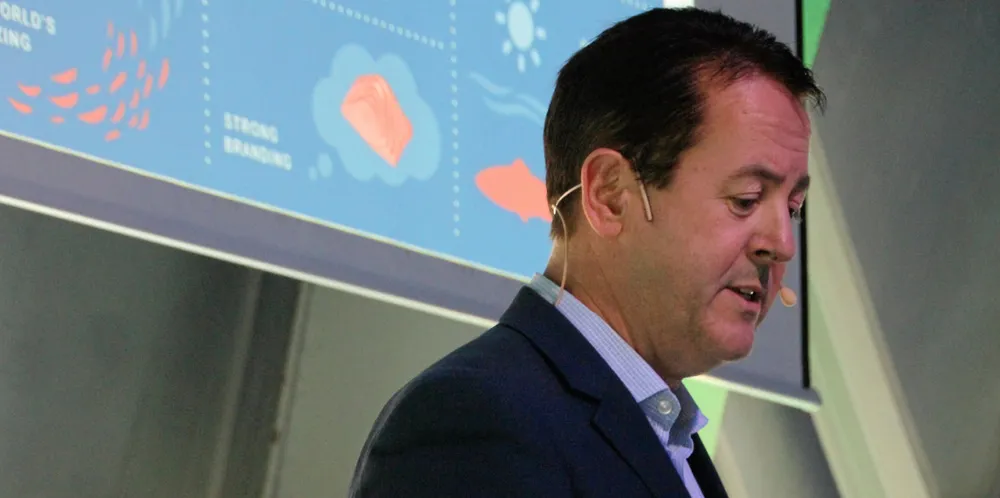New Zealand King Salmon cuts staff as climate change and soaring costs cripple company
The company is still waiting for approval of its offshore farming application, which it says will provide more sustainable production.

The company is still waiting for approval of its offshore farming application, which it says will provide more sustainable production.
